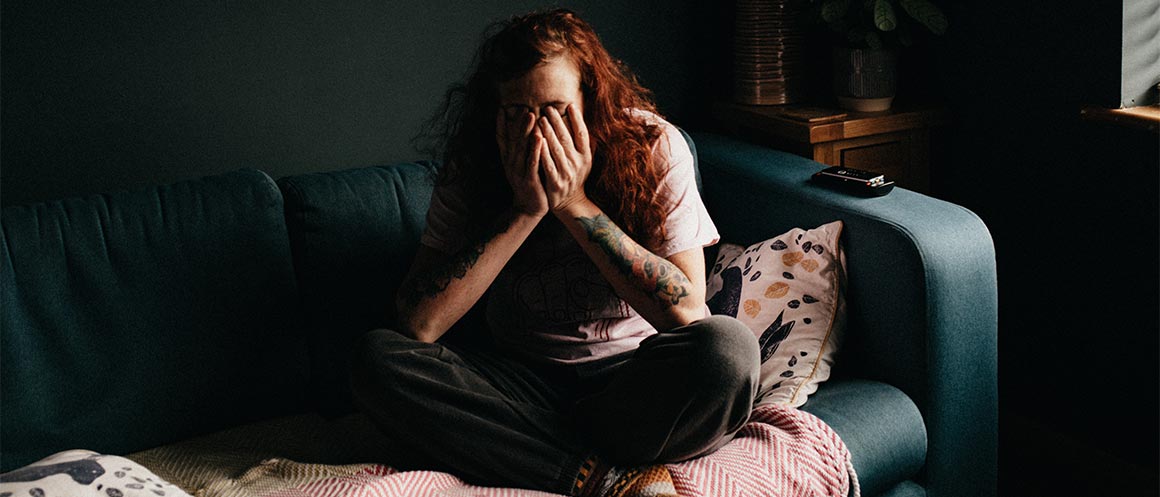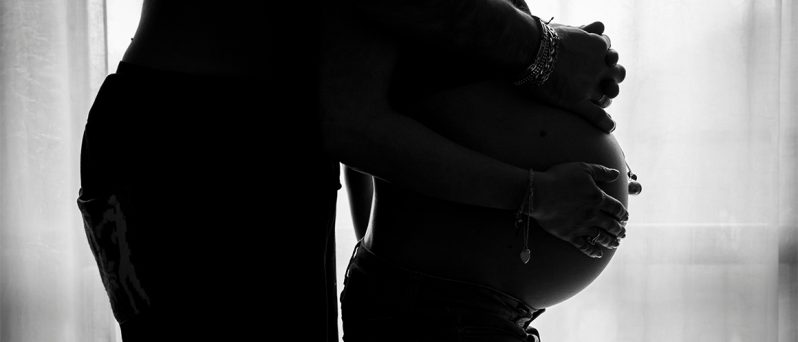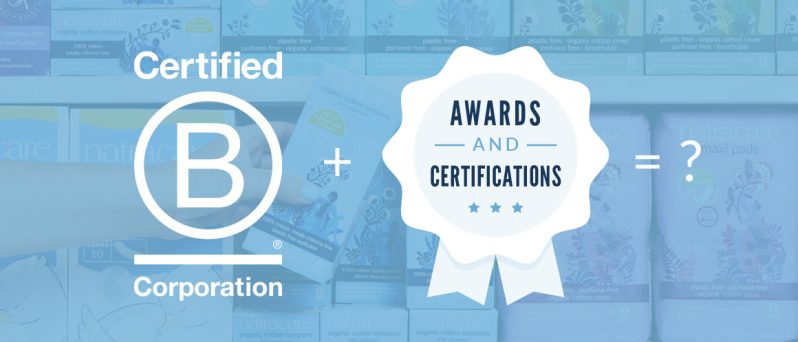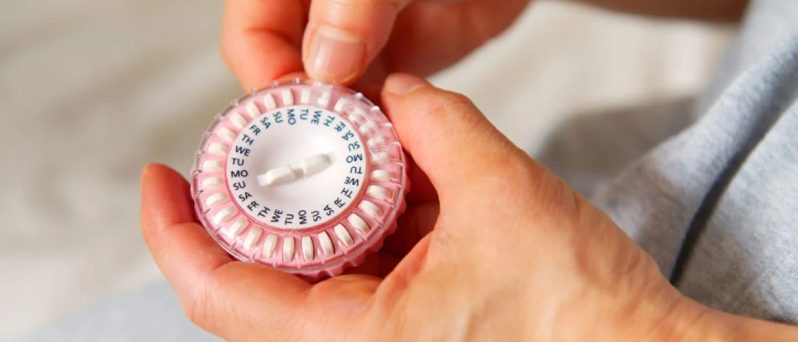There’s no doubt that we’re currently in a cost of living crisis. How does this affect people vulnerable to period poverty? In the UK, prices are rising by 9% a year, and in the US the annual inflation rate is close to a 40-year high. Increases in the cost of living mean that many people are being forced to make difficult decisions about what they can and can’t afford.
Our friends at Bloody Good Period reported that in line with the rise in the cost of living in 2022, they saw a 78% increase in the need for free period products during the first three months of the year. Here’s more information on how the cost of living crisis affects periods and the people that have them:
Why is the cost of living rising?
Inflation rates fluctuate over time, relying on many factors that may drive or limit supply and demand of goods across the globe. Currently, inflation rates are particularly high, and for a variety of reasons, including but not limited to:
- The impact of the war in Ukraine on gas and oil prices
- The rise in fuel price caps in the UK
- The pandemic putting strain on the global supply of goods
- Brexit making international trade more expensive and challenging in the UK
Why are we in a cost of living crisis?
The rise in the cost of living has become a crisis because wages and welfare support are not increasing at the same rate as inflation. For example, in the UK while national average wages grew by 4.2% between January and March, when inflation is factored in, wages fell by 1.2% in real terms compared to 12 months ago. This leads to crisis when people can no longer afford to live within the means they have, with millions being driven into poverty. Sacrifices need to be made to reprioritise spending, and for people with already low disposable income, this is hugely detrimental to their safety and wellbeing. Being forced to make the choice between meals, heating or essential items like pads and tampons.
How does this relate to periods?
You might be thinking “I thought Natracare specialised in periods, not economics!” and rest assured you are correct. So how does the cost of living crisis affect periods and those of us that have them? Simple: period products in most places and circumstances are not free and often taxed as luxury items.
Around 500 million people across the globe already live in period poverty – which means they do not have affordable access to menstrual products and cleaning facilities. Period poverty can affect lives in several ways, from creating feelings of shame and embarrassment, to keeping people from attending work or school. It’s just one of the ways our patriarchal society disproportionately and negatively impacts women, girls, and people with periods.
With more people having to choose between food, heating, transport, etc., more of us will also see period products slip down the list of priorities. Some people will go without pads and tampons to put food on the table for their families, others may have to rely on food banks and donations for both. If you are in a position to donate to food banks, period products are always gratefully received as they are often missed as an essential item.
How does it relate to parents?
Parents are going to be affected in a huge variety of ways by the cost of living crisis, but worth noting is the current US shortage of baby formula, which is being exacerbated by inflation. It’s no doubt that other essentials like diapers will be rising in cost or unavailable to people who need them too.
What are we doing about it?
The cost of living crisis isn’t going anywhere anytime soon. Charities like Bloody Good Period exist to support people living in period poverty, and we at Natracare work often with period poverty charities that help to provide access to period products for those that need it. In some places, like Scotland, period products are available for free to all that need them. If you’re in need of free access to period products we recommend you check the best way to get them in your area – whether that be through a government scheme or a charity.
Beyond partnering with charities through financial and product donations, we’re also working to spread the word about period poverty, educating people on the need for affordable access to period products. What’s more, we work to price our period products as competitively as possible, to supply our products as affordably as we can.
Find out more about period poverty throughout our blog.









